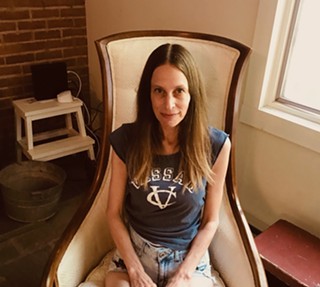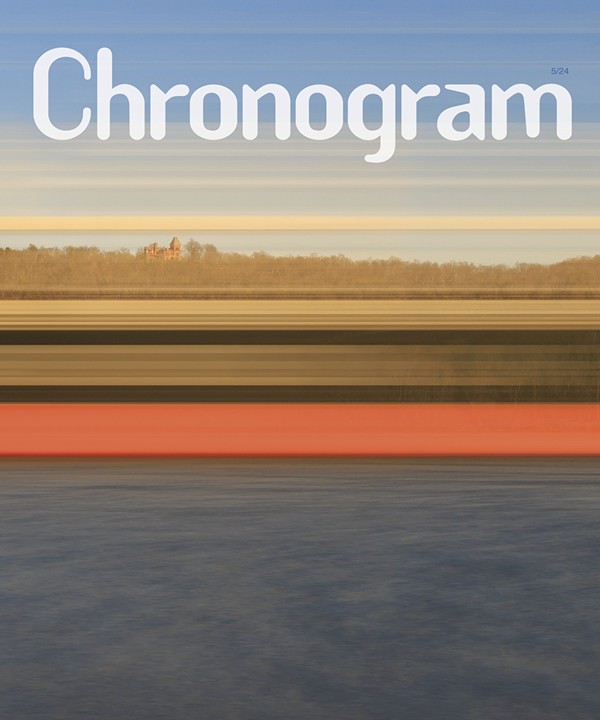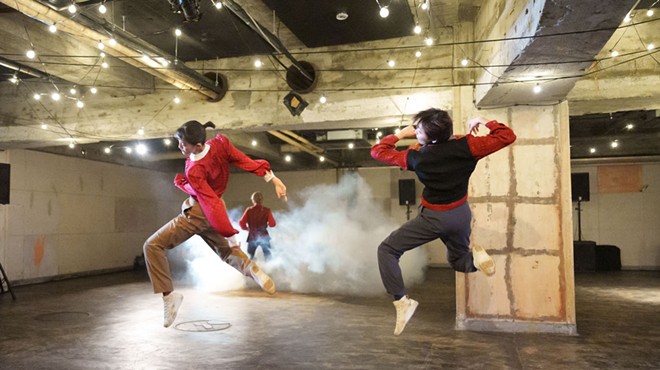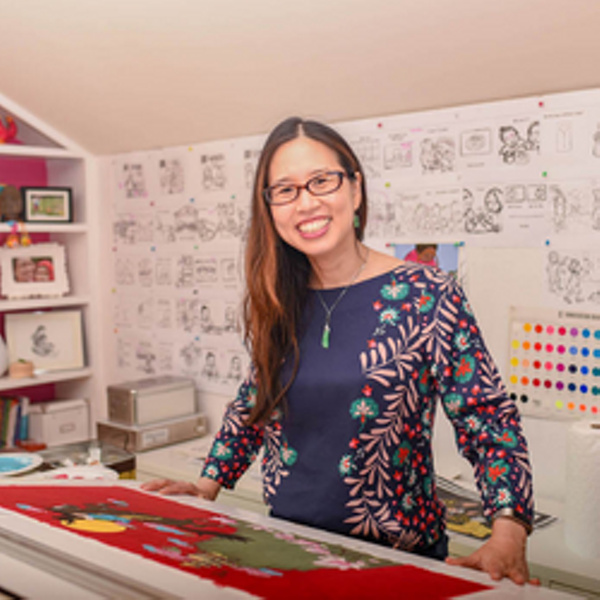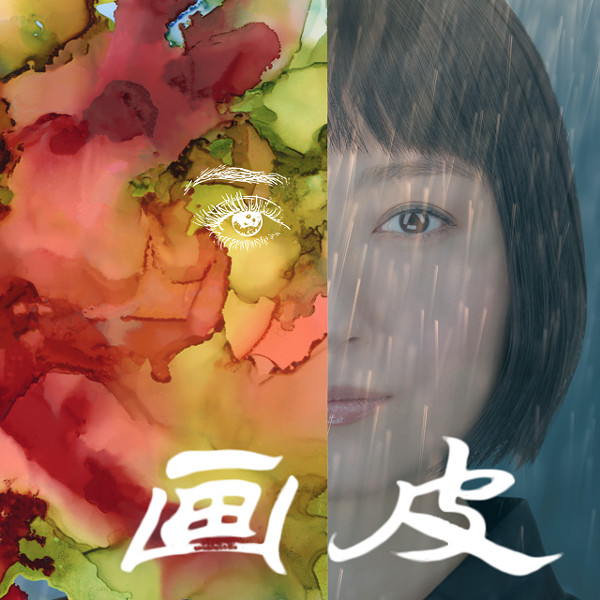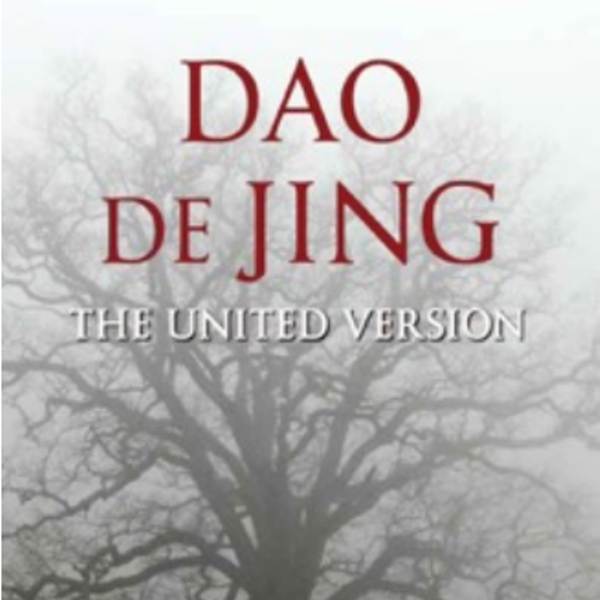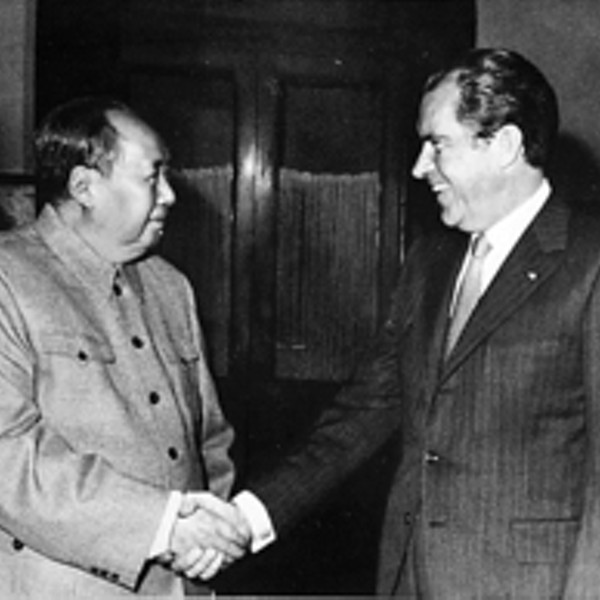When aged Taoist master Kwan Saihung makes his way to a table at Yum Yum Noodle Bar in Kingston, he doesn't need a cane. The white-haired teacher of tai chi and qi gong breezes in, followed by one of his senior disciples, Paul Bloom. Over bowls of soba, Master Kwan regales Bloom and me with stories and spiritual lessons from his long and colorful life—a life so interesting that it was the subject of the 1993 tome Chronicles of Tao. Some readers have questioned the veracity of what the book's author, Deng Ming-Dao, calls a biographical novel—and seeing my copy on the table, Kwan cautions me not to believe everything in its pages. Deng, a onetime student of Kwan's, took artistic license; the effect was cinematic. "My life was not a movie," he says. "This is a very serious life." Yet the stories Kwan tells are every bit as fantastical as the ones in the book—from an aristocratic early childhood in China and a monastic upbringing on the mountain of Hua Shan to his arrival and travels in the US in the 1960s. Along with brief stints as a Peking Opera star, village doctor, Golden Gloves boxer, and soldier, Kwan has followed the path of the Tao since he took his vows at 12 years old. If he's everything he claims, he may well be a living example of an ancient tradition, a primary source of Chinese heritage and wisdom. How ironic it seems at the end of our meal, then, when the waiter presents our check on an iPod Touch. The deep past meets the present moment as the wizened master pauses to observe the pixelated interface.
Health with a Higher Purpose
Traditional Chinese wellness practices, once fringe activities in our culture, have carved out a place in the American mainstream. According to the National Center for Complementary and Alternative Medicine, 3.1 million people had tried acupuncture in 2007—a million more than in 2002. Nowadays it's not just elderly Chinese men performing tai chi in public parks, but Caucasian men and women also slice the air with the forms of the graceful martial art. A few studies about tai chi's health benefits find improvements in the symptoms of various ailments from osteoarthritis to Parkinson's disease; a recent trial found that practicing tai chi regularly improved cognitive function in senior subjects. Although Americans are less familiar with qi gong—a close relative of tai chi without the martial edge—the 5,000-year-old form is likely to offer similar benefits. Yet achieving ultimate wellness is not the end goal. "Just doing these practices for health is spiritual materialism," says Bloom. "The idea is to discover your true nature, your purpose in life. The traditional Chinese doctor's responsibility is not just to heal or cure you but to nourish your destiny."
On a recent Friday night at Mountain View Studio in Woodstock, a group of students gathers to glean Kwan's knowledge of the long-form Yang-family style of taiji quan (tai chi). Bloom says you'd be hard-pressed to find a teacher so close to the style's roots: Kwan says that he learned this form in the 1930s from Yang Chang Fu, the grandson of the man who created it, Yang Luchan. Having studied tai chi before Communism came to China, Kwan is said to offer teachings from the martial art's purest, strongest lineages. "When Communism came in, the teachings were dumbed down," explains Bloom, who organizes and assists Kwan's classes and is a senior teacher in his own right. "You had maybe 37 tai chi moves instead of the 113 that he teaches. I've studied with other people, and in terms of delivering the goods, he's by far the best." After leading the students through warm-up exercises, Kwan guides the class into sequences with lyrical names like "the crane spreads his wing" and "wild horse shaking his mane." He stays close to a beginner student who has wandered into the class for the first time. At times he is stern. "You are too stiff, and you are throwing your hands all over the place!" he says. "This is not tai chi. It is very gentle."
It's easy to spot the serious practitioners: They have an effortless grace that shines through even the most complex series of motions. "Keep the body relaxed," Kwan reminds the room, "and the qi will move through the meridians like a wave." Pronounced "chi" and meaning "vital energy," qi is the breath of life or motivational force in every individual. Tai chi moves—based on animal movements and translated into martial art against an imaginary opponent—are designed to cultivate, balance, and optimize qi's flow. On a practical level, says Kwan, tai chi helps practitioners learn to breathe properly, to control the emotions, and to stay grounded, relaxed, and aware. "The motions help the muscles relax," he explains. "Then the qi and the blood are moving harmoniously. This is how you heal yourself. The mind feels comfortable, the body is satisfied." But that doesn't mean it's a walk in the park; the practice is intricate and often elusive. Kwan tells the room that with his teacher, everything had to be exact ("He had a whip!")—yet with his own students, the master is more forgiving and sometimes wryly humorous. "Getting better, I must say," he observes at the end of class. "I'll drink to that. I mean tea!"
Wisdom for the Ages—and the Ageless
As I watch Kwan glide, pivot, and box his way through an elegant tai chi sequence, a question loops through my head like a mantra: Can this man really be 92 years old? With hardly a line on his face nor a quaver in his voice, he moves with not just ease but vigor. Others have doubted his alleged age—and with it, his entire story—but Kwan dismisses these skeptics with a wave of his hand. ("I say, 'How old do you think I am?' They say '60.' I say, 'Okay, I am 60!'") Despite the anything-goes attitude, a youthful mien like Kwan's does match up with a key goal and cornerstone of Taoism: increased longevity. "Practices like meditation, tai chi, and qi gong balance and harmonize the body's energy fields," says Bloom. "They calm the emotions and elevate them to virtues. Taoism says if you do all that, you'll live to be 100. And it says, let's make you want to live to 100, to realize your destiny." Bloom, who has studied with Kwan for over 25 years, doesn't question his teacher's age or integrity—nor does he uphold an unrealistically spotless image of the master, who can be difficult at times. "He has his foibles," says Bloom. "But he is beautiful to watch and can be very inspiring. To me, he is the most amazing example of a person who has increased his longevity through the practice."
Inhabiting the sacred core of Chinese history and culture, Taoism dates back to predynastic times. It's a vast system of spirituality encompassing everything from shamanism and philosophy to art and divination. Yet, as spacious as life itself, Taoism has fallen prey to our modern habit of oversimplification. "Nowadays, the way people talk about Taoism is not Taoism," says Kwan. "They just talk about the Tao Te Ching, some philosophy, Lao Tzu. It goes beyond that. It goes before that." Studying with his master on the mountain of Hua Shan, Kwan learned the breadth and depth of the Tao—or "The Way"—a system so flexible that it finds unique expression with every individual. "The main purpose is to find out what your soul is all about," says Kwan. To guide him toward that, his teacher instructed Kwan to spend time in nature. He was told to choose a tree and to meditate upon it—first facing the tree and then with his back to its trunk. "The tree will breathe with you. Eventually it will reveal its secrets to you."
Ultimately, the Tao is the journey of a lifetime, yet it also extends no further than your own essence. "A soul is your expression—what you relate to," says Kwan. "You immerse in it without any conditions. You are free. It's not like you've committed yourself and can't get out of it. It's natural." As an example, Kwan tells the story of an African drumming master who recently visited Woodstock and riveted the audience with his rhythms. "Each person has their own Taoism," says Kwan. "He has his way, I have mine. People make it out like something mystical. It's just a way of doing things."
A Path for Seekers
On a Wednesday afternoon at Clear Yoga in Rhinebeck, I find myself inscribing the yin-yang symbol into the air in a qi gong sequence led by Bloom. It's a new language to me, and with my two left feet I'm all yin and no yang. Yet there's a poetry to qi gong that allures me, and a squat-and-lift move called "picking up the moon from the water and putting it back into the sky" draws me in with its imagery and fluidity. When I throw self-consciousness to the wind, the practices calm my mind—much like the sitting meditation that Bloom led at the start of class. "We're trying to get back to the point before we were born," Bloom says of Taoist meditation. "It's an ocean of wisdom from which we come. It's here that you discover your true nature and what you are meant to do—your destiny." Later, I ask Bloom what it is he's meant to do. "Spread these teachings," he says. Once a theater and film producer, Bloom led "a crazy life" in showbiz. Although he had been practicing for a couple of decades, he became very serious about 10 years ago when qi gong and tai chi carried him through the illness and death of his wife. "All I could do was practice," he says. "This saved my life." Now he helps others find their Tao through his teaching, and through helping his master continue this work, too.
An aura of legend and many questions surround Kwan, but his teachings—and lifestyle—speak for themselves. He lives alone in Rosendale, with no car, relying on students like Bloom to drive him to classes. He has no computer, preferring books, and no bed, favoring a chair. With his daily routine of breathing exercises, stretching, and meditation, he says he needs no more than two hours of sleep a night. His greatest teacher is life itself: experience and the people he meets. In a quest for truth like the Tao, he suggests, you must open yourself to everything yet remain attached to nothing. "If you learn something that is very valuable to you, appreciate it as much as you can while you have it. Use it to the best of your ability," says the master. "Become one with it—until you're finished and you know, okay, the time has come to let go."
To learn more about classes with Master Kwan or Paul Bloom, visit Mtnviewstudio.com or contact Bloom at (914) 466-2714.








